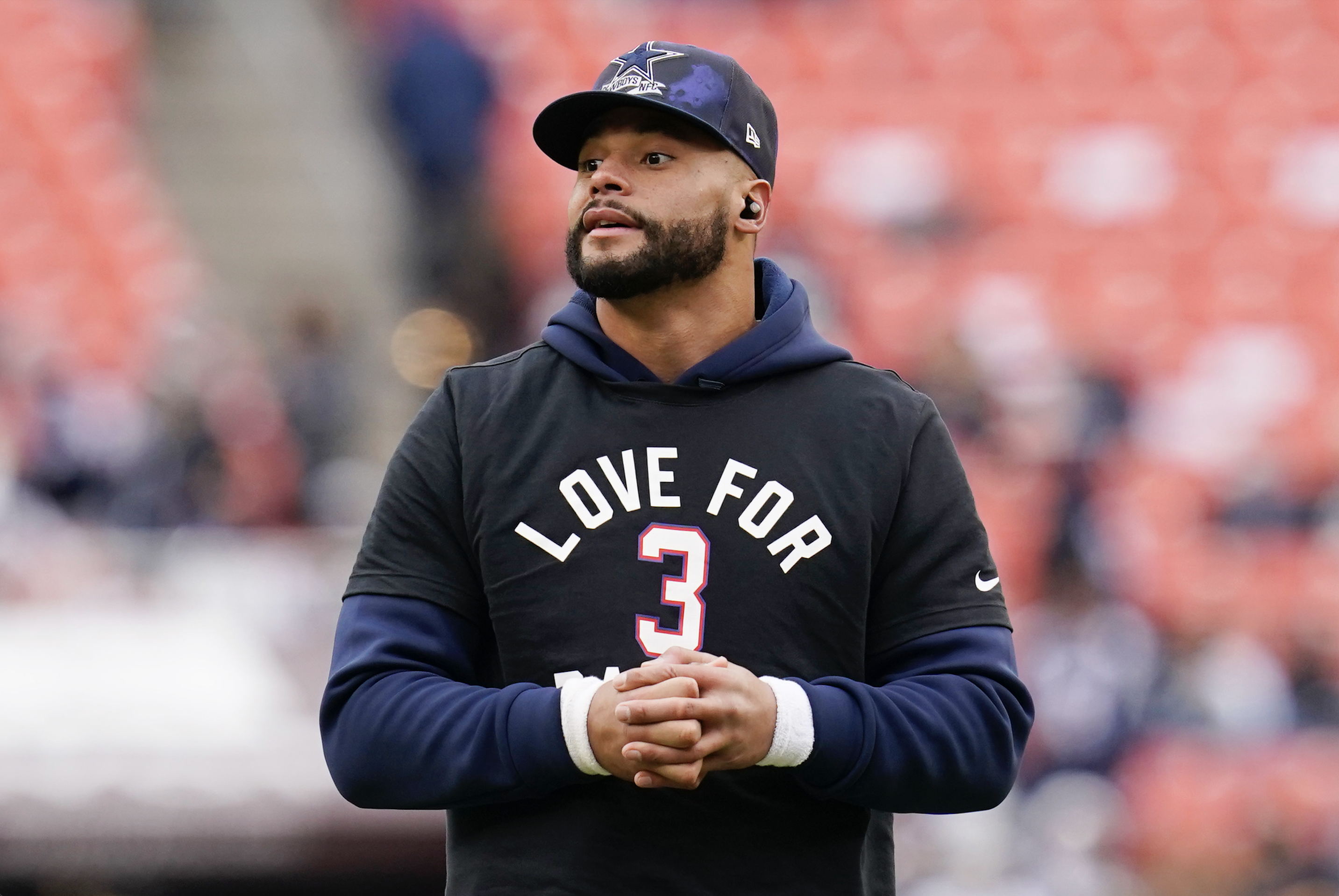UPDATED January 18, 2014 10:51pm
As we stand in the midst of the television and film award season, black folks are once again up in arms about the perceived slighting of some of the very best films starring or directed by individuals of African descent. The Oscar and Golden Globe snub of Lee Daniels' The Butler is the lastest to provoke frustration. But this is not a new phenomenon. From a historical perspective, blacks have always been nominated sparingly in the categories of Best Picture, Best Director, Best Actor or Best Actress in a Film, Drama or Comedy.
Hattie McDaniels won for best supporting actress for Gone With the Wind, becoming the first African American to win an Oscar. Twenty-four years later, Sidney Poitier’s Oscar for best actor in Lilies of the Field came in 1963. Nineteen years passed before Louis Gossett, Jr. won for best supporting actor for his role in An Officer and a Gentleman in 1982. After that point, the frequency of black Oscar winners decreased from once every twenty years down to once every seven years with Denzel Washington’s win for Best Supporting Actor for his role in Glory in 1989. Followed by Whoopi Goldberg’s Oscar in 1990 for Best Supporting Actress for her role in Ghost. Cuba Gooding Jr. won his Oscar for best supporting actor in 1996 for Jerry Maguire. Denzel Washington got one as Best Actor over Training Day in 2001. That same year, Halle Berry’s Best Actress Oscar for Monster's Ball was won. Three years later, in 2004, Jamie Foxx won Best Actor for Ray. And in 2006, Jennifer Hudson won Best Supporting Actress for Dreamgirls. This was the same year that Forest Whitaker won Best Actor for The Last King of Scotland. In 2009, Monique won Best Supporting Actress for Precious. While Octavia Spencer would win the same award in 2011 for The Help.
These wins came with conflicted results. Some considered them victories for black inclusion in award shows. Others were frustrated by the type of roles that were awarded – Thugs, weaklings, and nannies.
When Spike Lee produced and directed Malcolm X back in 1992, we all hoped and believed that a film filled with so many socio-political themes would be nominated for an Oscar or Golden Globe for Best Director or Best Film. But Lee – unapologetically outspoken in a scathing way – told his version of Malcolm’s life exactly how he saw it. Apparently this didn’t go over well in Hollywood, a city that appears to celebrate creativity on its surface, but is actually a “go with the grain” type of town. What is deemed marketable is celebrated, invested in and propagated, while new ideas and points of view are often cast aside unless immediately proven profitable, fashionable, politically correct or all of the above.
However, Denzel Washington’s portrayal of Malcolm X had audiences so spellbound, that the Academy had no choice but to nominate him. He still lost as Best Actor to Al Pacino for his leading role in Scent of a Woman. And Spike had no problem saying something about it.
“I'm not the only one who thinks Denzel was robbed on that one,” he said in a 2010 interview with DVDTalk. “But there were a lot of people involved that deserve recognition. We did get two nominations, Ruth Carter for Costume Design, and Denzel [for Best Actor].”
And let's not forget how Angela Bassett, despite winning a Golden Globe, was robbed of her Best Actress Oscar for playing abused woman, Tina Turner in What's Love Got To Do With It.
Few truly know why some films and actors are celebrated in Hollywood while others are seemingly ignored by the Foreign Press Association and the voting membership of the Academy of Motion Pictures and Sciences. Some speculate, assuming race and the themes portrayed play an issues. But others believe the age of films being snubbed simply because it is “black” are virtually gone. The nomination of Steve McQueen’s 12 Years a Slave in nine categories at the 86th Annual Academy Awards of 2014 is testament to that. But the exclusion of Lee Daniel’s The Butler from being nominated for a Golden Globe Award or an Academy Award have supporters crying foul. Its seven SAG award nominations, gave folks hope in its award-winning worthiness. But it won nothing, and got dissed by SAG too.
So was The Butler really good enough in the first place?
Yes, its story of the civil rights struggle seen through the parallel eyes of a father and son – one a passionate do or die activist, the other a passive White House servant – moved audiences nationwide, holding the number one spot at the box office for three weeks straight, making over $116 million domestically to date. When the very first award show nominations were announced – specifically the SAG awards – Lee Daniels' The Butler was the standout with Oprah nominated for best supporting actress. And Forest Whitaker getting a nod for best actor.
But the excitement over The Butler built up an eagerness that turned to outright resentment when the film wasn't nominated for a Globe or an Oscar.
Some assume that the Academy doesn't like black films showing positivity. Some say that people of color can only win for playing slaves, butlers, and downtrodden people. Halle Berry played the wife of a death row inmate who then slept with her husband’s jailer in Monster’s Ball. Denzel Washington played a crooked cop in Training Day. And Forest Whitaker was a psychopathic dictator in The Last King of Scotland. All of them were excellent in their roles – regardless of how negative. Each won a Best Actor Oscar in their respective categories.
So by these measures both Forest and Oprah should have at least been nominated this time around, right? Whitaker was a butler. Perfect for an Oscar. And Oprah did play an alcoholic, cheating wife, who stepped out with a snaggle-toothed Terrence Howard character when her hubby was serving martinis to a president. Nothing positive about that. But to win, their portrayals of stereotypical, weak-minded black individuals, would need to be amazing. You can’t just be any ol’ stereotype and expect to win. Only the best will do.
So could it be that perhaps Forest was just ok in his role? Maybe he didn't live up to his past Academy accolades. Whitaker as Idi Amin. As you remember his performance, ask yourself: Did he move you as much as his role in Lee Daniels’ The Butler?
In our world, the answer is no.
We never ceased seeing Whitaker playing a butler. Normally soft-spoken, calm, and laid back in his real life appearances, The Butler’s Cecil Gaines seemed like he could have been an imaginary version of Forest Whitaker's real-life father. This amazing actor didn’t disappear in the same way he did in The Last King of Scotland – a complete departure from his real-life personality, angry, arrogant, and crazy.
Winfrey did win an honorary Oscar in 2011, but it wasn’t for her onscreen acumen in the Color Purple as Ms. Sophia which she was nominated for, but rather her humanitarian efforts. The problem with her performance in The Butler is that Oprah wasn't as layered as American Hustle's Jennifer Lawrence. Her performance wasn't as intense and vulnerable as 12 Years a Slave's Lupita Nyong'o. Oprah could’ve gone harder. She seemed to be holding back. It was as if she was overthinking and afraid to let go of that black woman strength, lie it on the table, and be fully weak and available. It’s understandable. She hadn’t acted on the big screen in nearly 30 years before her Butler role. So perhaps for the first time in Oprah's life, when it comes to this Lee Daniels film, she was a reflection of her network OWN – not superb, just ok.
(Gasp!)
Some will read this and scream, "How dare they say Oprah and Forest weren’t amazing!” Because it’s our truth. They were good, not great in The Butler. Deal with it.
Others will point out: “Well what about Fruitvale Station? That was Academy material.” Yes, Michael B. Jordan should’ve been nominated for a best up and comer award – if the Oscars had this category. But Jordan would likely have lost to Lupita's emotionally and physically abused, Patsey portrayal. Like Oprah and Forest, Jordan was good, not great.
Here's the thing: We love all things black film. We want the renaissance of the cinematic era ushered in with 2013 to live long and prosperous, far into a future that Hollywood has us often believing no black will live in. But we also live in reality. And the truth is that African Americans are showing Hollywood that films of color can and will profit at the box-office.
If anything, Lee Daniel’s The Butler, as amazingly inspiring and moving as it was, should have been nominated for Best Picture. We do believe this. The problem is that it came out too long ago, in August 2013, for Academy voters to remember how it made them feel, unlike 12 Years a Slave which traumatizes you so bad that it takes weeks to get over.
Conspiracy theorists will say winning mainstream movie awards is about race. Perhaps they may be right. It is not uncommon for great films to be forgotten by those voting on the Oscars and the Golden Globe Awards. Perhaps Lee Daniels’ film was lost in memory. There was a late marketing and advertising push to remind voters of the film’s merits, but it may have been too little, too late. Its August release date seems so long ago.
The truth will never be known. But we all know for sure that winning a best picture or best actor Oscar or Globe is about popularity coupled with stunning performances that absolutely cannot be denied or lost in memory. This is why we can’t escape hearing the acclaim of 12 Years a Slave. And it’s also the reason Lee Daniels' The Butler is the forgotten amazing movie with average performances that has it missing from winning SAGs, Golden Globes, Oscars, and a multitude of award categories to this day.
Let the truth be known.



